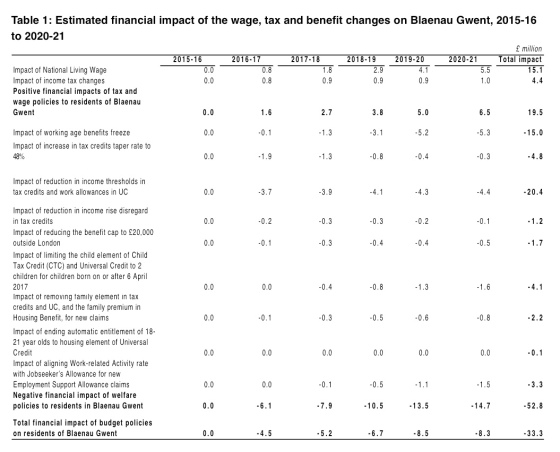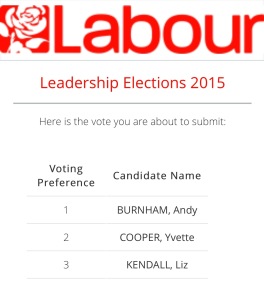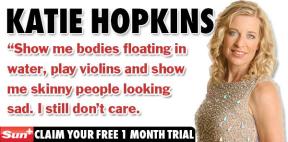One of the few statutory task left to the Secretary of State for Wales is address the National Assembly on the Queen’s Speech and the implications for Wales of the bills and policies announced by the UK Government in its new programme.
This was a task that Stephen Crabb performed for the first time at the end of June. He spoke well and fluently, attempting to reach out, being generous both to the Welsh Government and to the institution. In his opening speech he made the case that the new UK Government would be on the side of the ordinary family – “Mr Deputy Presiding Officer, the mission statement of this new UK Government is to help working people, to champion social justice, and to unite all the peoples of the nations. Through the Queen’s Speech last month, we announced our legislative programme to build on the important work we started five years ago, to improve the lives of everyone in our country”.
It was a remarkable statement for a Conservative Minister and in my contribution to the debate I set Crabb what I described as the Blaenau Gwent Test – “the test I will set you, Secretary of State, for the success or failure of this Government is what happens to the people of Blaenau Gwent. Welfare reform has already taken £30 million a year out of the communities of Blaenau Gwent. That’s not £30 million taken away from the strongest, the most powerful and the wealthiest—it’s £30 million that is increasing child poverty and leading to greater and more intense hardship than ever. If you are up to your words, and if you stand by the challenges you’ve set yourself, you will protect the poorest and most vulnerable and you will ensure that it is the wealthiest and most powerful who share the burden”.
It was a test that he readily accepted, in replying to the debate Stephen Crabb said, “The Member for Blaenau Gwent, Alun Davies, threw out a challenge to me about Blaenau Gwent. He called it the Blaenau Gwent test and I’m very happy to accept the Blaenau Gwent test. And just to remind him that under the watch of the previous Labour Government, unemployment in Blaenau Gwent went up 83% and youth unemployment went up 61%. In the last five years, unemployment in Blaenau Gwent has come down by 40% and youth unemployment down by 52%”.
It is fair to say that the first challenge for the Secretary of State in meeting the Blaenau Gwent Test was the UK Government’s budget in July since it was this budget that out the UK Government’s approach for the next five years. Predictably it contained a lot that appalled me. But rather than simply issue a press release I decided to ask the National Assembly’s research service for an independent analysis of how the budget would impact the people of Blaenau Gwent. I received their findings last week. And it is shocking.
In short, the people of the borough can expect to see a reduction in their incomes of around £33m as a direct result of the measures contained in that budget. Here’s the overview.
In reading this, today’s debate in the House on Commons on tax credits is well-timed. And in criticising their decisions on these individual matters we also need to take issue with the Conservative ideology and philosophy. It is clear from this analysis that the Conservative UK Government is making poor people pay for the mistakes which led to the financial crisis. Those people who have least are being forced to pay the most. The people who have least influence on the banks are paying the greatest price. This is class war at its most brutal.
Stephen Crabb made great play of the compassion of the new Conservatives. Has he raised the impact of the budget on the most fragile communities in Wales with his cabinet colleagues? Has he argued to protect the most vulnerable families? Has he made the case for those people who are working hard at two or more jobs to make ends meet? If he cannot answer those questions then he faces the real acquisition that his approach is all PR and lacks any real substance. His words will count for nothing.
The cuts to benefits will increase poverty directly. The cuts to tax credits will increase in-work poverty. For too many people they will see no hope and no future for them and their families. The Secretary of State is very fond of quoting employment statistics when he is confronted with the consequences of his policies for real people. This research shows clearly that for too many people work is no longer the route out of poverty. By making work a less viable way of moving out of poverty the Chancellor has take away any realistic hope for the future for those very people who he claims to want to help.
Taken together with the wider reductions in public spending which will lead to significant reductions in public services this analysis draws a picture of increasing deprivation in many of Wales’ poorest communities. It also paints a picture of a desperate daily struggle for too many people. And in making these decisions, it is not only those who will see these reductions in their personal incomes that will suffer, it is the whole community. This is money that will be taken out of the local economy, from local town centres, local shops and local businesses. In attacking the poorest people this is a wider attack on the economical viability of the whole community.
After an over-long summer of looking inwards it’s time for Labour to oppose this government, not only their decisions but the philosophy that underpins those decisions. And to do so with a renewed vigour and determination. As this analysis shows all too clearly it’s the poor and vulnerable who need desperately a Labour UK Government and who pay the highest and harshest price for a ruthless Tory ideological warfare dressed up in reasonable language as economic and financial good sense.





